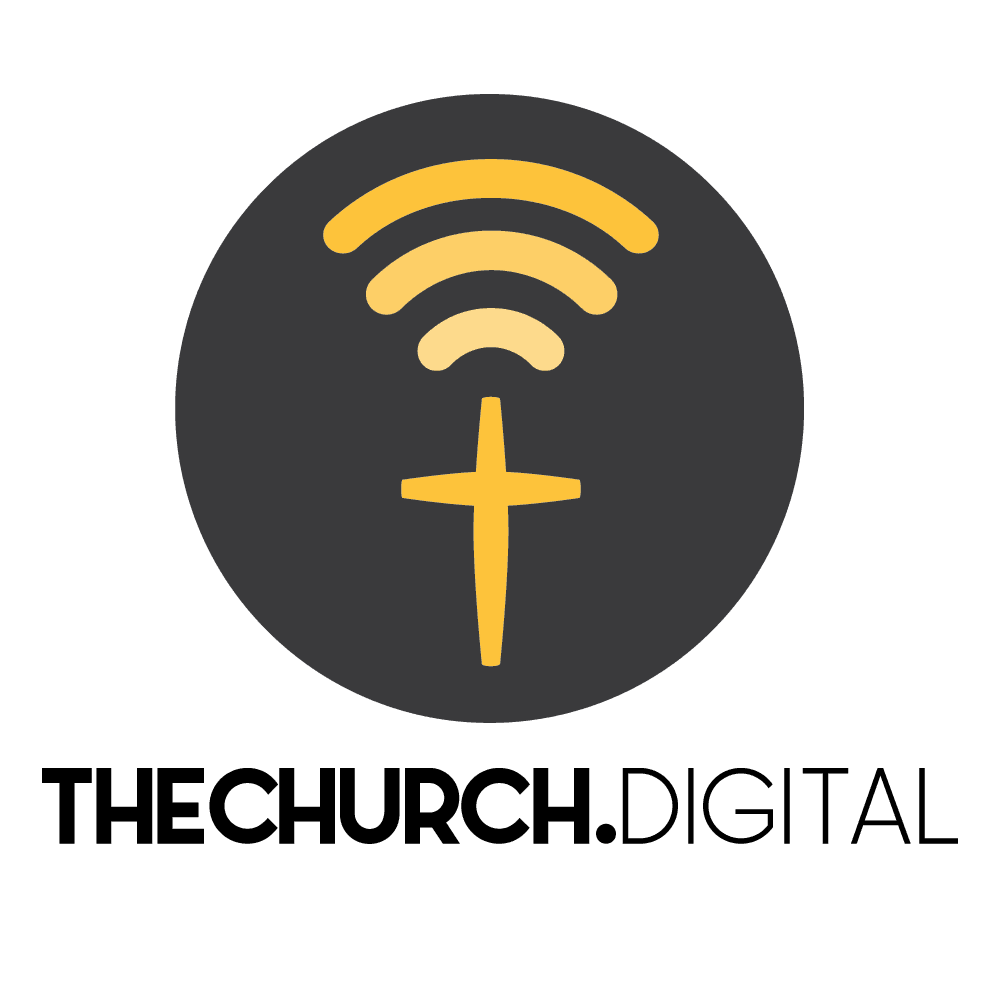By The Church.Digital: Last week, Bloomberg.com published an article about venture funding backing religious apps. The article starts out;
“COVID-19 has upended the traditional Sunday service, taking sermons from the pulpit to the screen. It’s sparking a long overdue digital awakening for churches across the country and investors are taking notice.”
Even more than seven months since most of America went into quarantine, churches all over the country are still figuring out ways to engage their churchgoers. Organizations ranging from meditation apps, like Abide, to engagement support apps, like our friends at Tithe.ly, are racing to serve churches and Christians across the globe in supporting their discipleship efforts, helping to keep them engaged in church, and facilitating creative approaches for reaching their neighbors with the Good News.
Since the pandemic struck, Stadia has worked with hundreds of churches to help them develop and deploy a digital strategy that not only facilitates broadcasting a sermon but complements and enhances what the church was doing (and will do again). We were already well down this path when the pandemic struck because like venture capitalists across the country, we have realized that the tools to evangelize our communities and disciple our congregations have multiplied with the adoption of technology.
If there is anything to be grateful for in the midst of this viral wholesale life disruption, it is that it has been a catalyst for the “long overdue digital awakening for churches across the country.” The Bloomberg article identifies a portion of our country that has existed for a while but is now getting more attention: “Americans who identify as spiritual, if not necessarily religious, and who crave a nuanced digital experience beyond Zoom.” Existing solely as a physical church and doing things the way they have always been done is no longer going to be enough.
When I was part of planting a church in Annapolis, MD, the lead planter and I had many, many conversations about going to where people were to share the Gospel. This meant having a presence at community events, hosting block parties in nearby neighborhoods, delivering meals (and thousands of pounds of turkeys on Thanksgiving), and having meetings in local bars. Well, more than ever, people are online and accustomed to being online. Ten years ago, YouTube had two billion total views per day. Earlier this year, YouTube was averaging one billion views just on mobile devices per day. I’m writing this at noon on a Friday. I’ve already watched two YouTube videos and my 9-year-old son is probably on his fifth. Judge my parenting however you want, but the fact remains: people are online.
Individual Christians know this. Big business certainly knows this. But the church has been late to the game, but they are catching on and catching on quick. Churches all over the world are realizing that getting online isn’t just broadcasting their service on YouTube or Facebook Live. To really meet people where they are online is going to mean more than that. Jeff Reed, Stadia’s Director of Digital Church Planting, said in the Bloomberg article;
“The pandemic has been an earthquake for the church. Going forward it cannot be simply repackaging physical ministries in virtual spaces. We need to look for other ways to connect with people.”
As we as church leaders seek to “go and make disciples,” let’s start thinking about the holistic engagement of our flock; in-person, online, in local parks, streaming through their AppleTV, and soon via virtual- or augmented-reality. Technology, our acclimation to it and our reliance on it continues to grow at a rapid rate, and as the church, we have not just an opportunity, but a responsibility to foster engagement using technology. Stadia wants to help you navigate the rapidly shifting waters.
Fill out this form to join a Phygital Group, where Stadia has helped hundreds of churches develop and deploy a digital strategy that involves more than simply broadcasting a sermon and compliments what the Church is already doing in-person.
![]()
Source: The Church is Going Digital, and Venture Capitalists are Noticing

